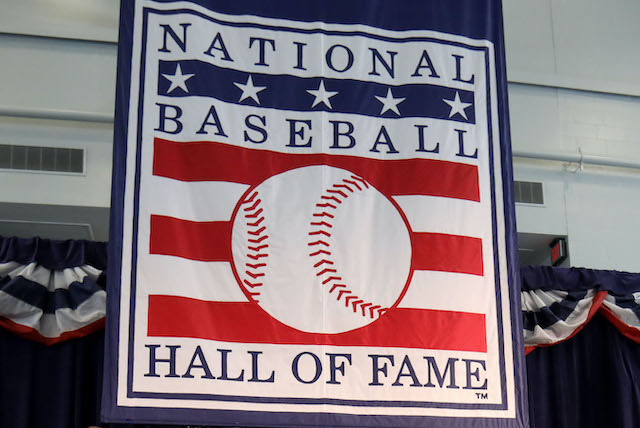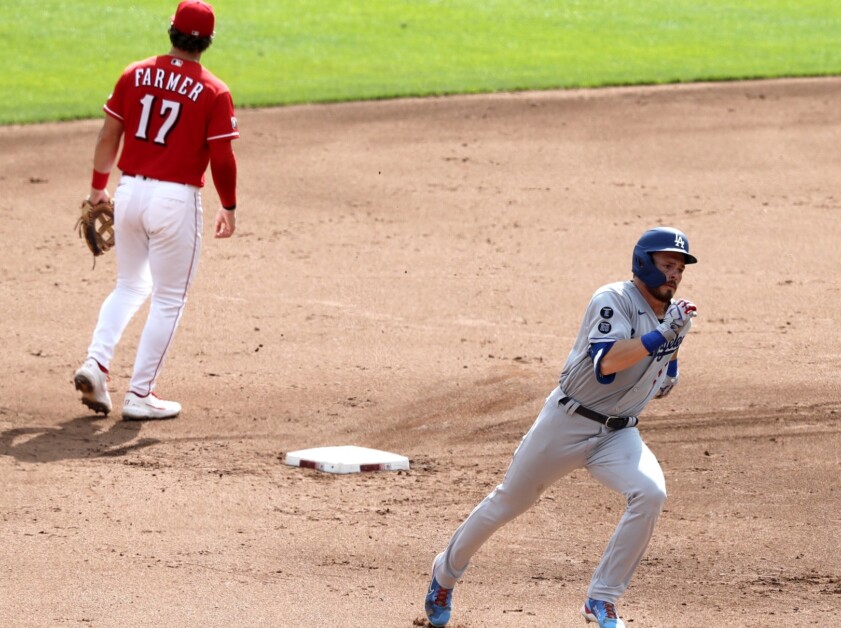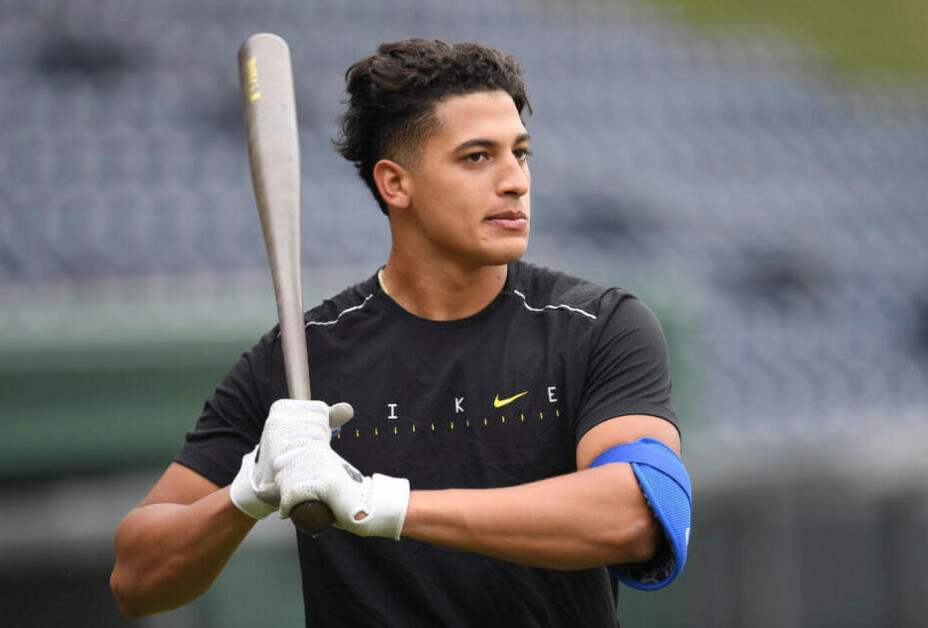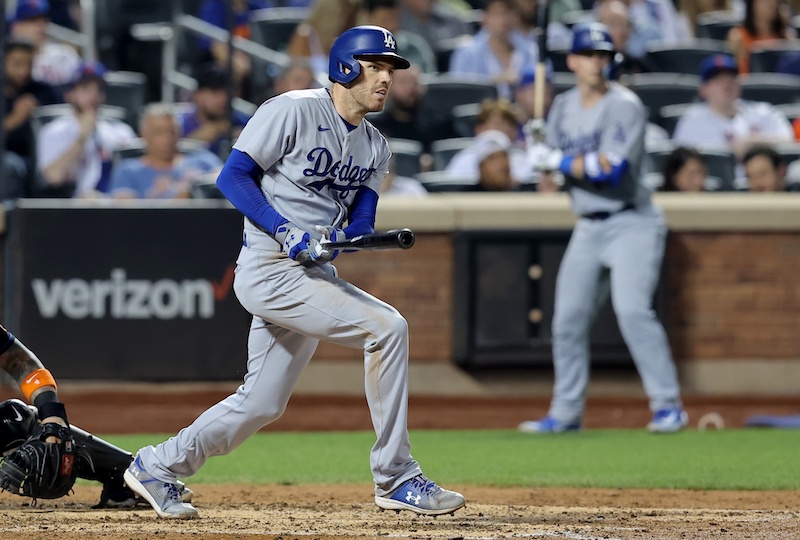The National Baseball Hall of Fame and Museum’s Board of Directors announced the restructuring of its Era Committee system along with changes to Ford C. Frick Award balloting and election processes.
Among the changes include a consolidation of eras into two timeframes: the Contemporary Baseball Era, consisting of the period from 1980 to present day, and the Classic Baseball Era, consisting of the period prior to 1980 and including Negro Leagues and pre-Negro Leagues stars.
The Contemporary Baseball Era will be split into two separate ballots – one to consider only players who made their greatest impact on the game since 1980, and another consisting of managers, executives and umpires whose greatest contributions to the game have come since 1980.
The Era Committee considers retired Major League Baseball players, managers, umpires and executives who are no longer eligible for election by the Baseball Writers’ Association of America (BBWAA).
Each of these three Era Committees will rotate on an annual basis, with each ballot consisting of eight candidates. Beginning in January 2023, eligible players must have been retired for 16 or more seasons, which is equal to a one-year waiting period following their final potential year on the BBWAA ballot.
The Contemporary Baseball/Players Era will be considered for election in December 2022 (Class of 2023). The Contemporary Baseball/Managers-Umpires-Executives Era (Class of 2024) and the Classic Baseball Era (Class of 2025) will be considered for election over the next two years. This cycle will repeat every three years.
The Era Committee has been a part of the Hall of Fame voting process since the first class of electees in 1936, with the first Era Committee electees coming in 1937. In all its forms, the Era Committee has elected 179 individuals (105 major leaguers, 33 executives, 22 managers, 10 umpires and nine Negro Leaguers) to the Hall of Fame.
Changes to Ford C. Frick Award voting
A bevy of changes also have been made to the annual Ford C. Frick Award elections, which is presented annually to a preeminent baseball broadcaster since 1978. The ballot has been increased from eight to 10 candidates, and there now is a requirement that at least one candidate be a foreign language broadcaster.
A new election cycle has been established, with a composite ballot featuring local and national voices in four consecutive years. That will be followed by a fifth year featuring a ballot of candidates whose broadcasting careers concluded prior to the advent of the Wild Card Era in 1994.
The new cycle will begin with the 2023 Frick Award, and composite ballots of local and national voices will continue in 2024, 2025 and 2026 before the pre-Wild Card Era ballot is considered for the 2027 Award. The cycle will repeat every five years.
“At a meeting in Orlando earlier this week, the Board of Directors held comprehensive conversations about a number of topics core to the Hall of Fame’s mission,” Chairman of the National Baseball Hall of Fame and Museum Jane Forbes Clark said in a statement.
“With these updates to the Era Committee process, we are upholding our commitment to the very high standard of excellence that has always been required for Hall of Fame election.
“Changes made to the prestigious Ford C. Frick Award selection process will ensure that one of our game’s most cherished and honored voices will be recognized each year in Cooperstown.”
Have you subscribed to the Dodger Blue YouTube channel? Be sure to ring the notification bell to watch player interviews, participate in shows and giveaways, and stay up to date on all Dodgers news and rumors!








